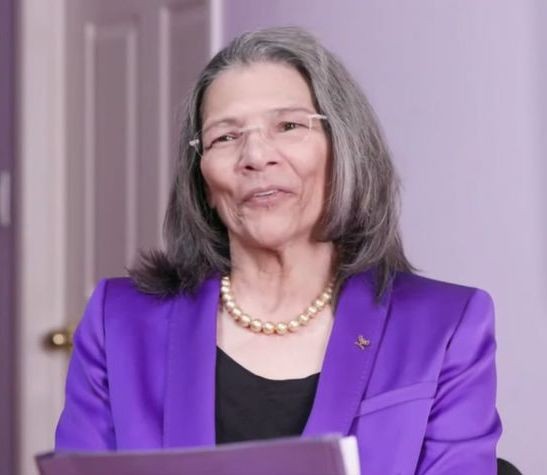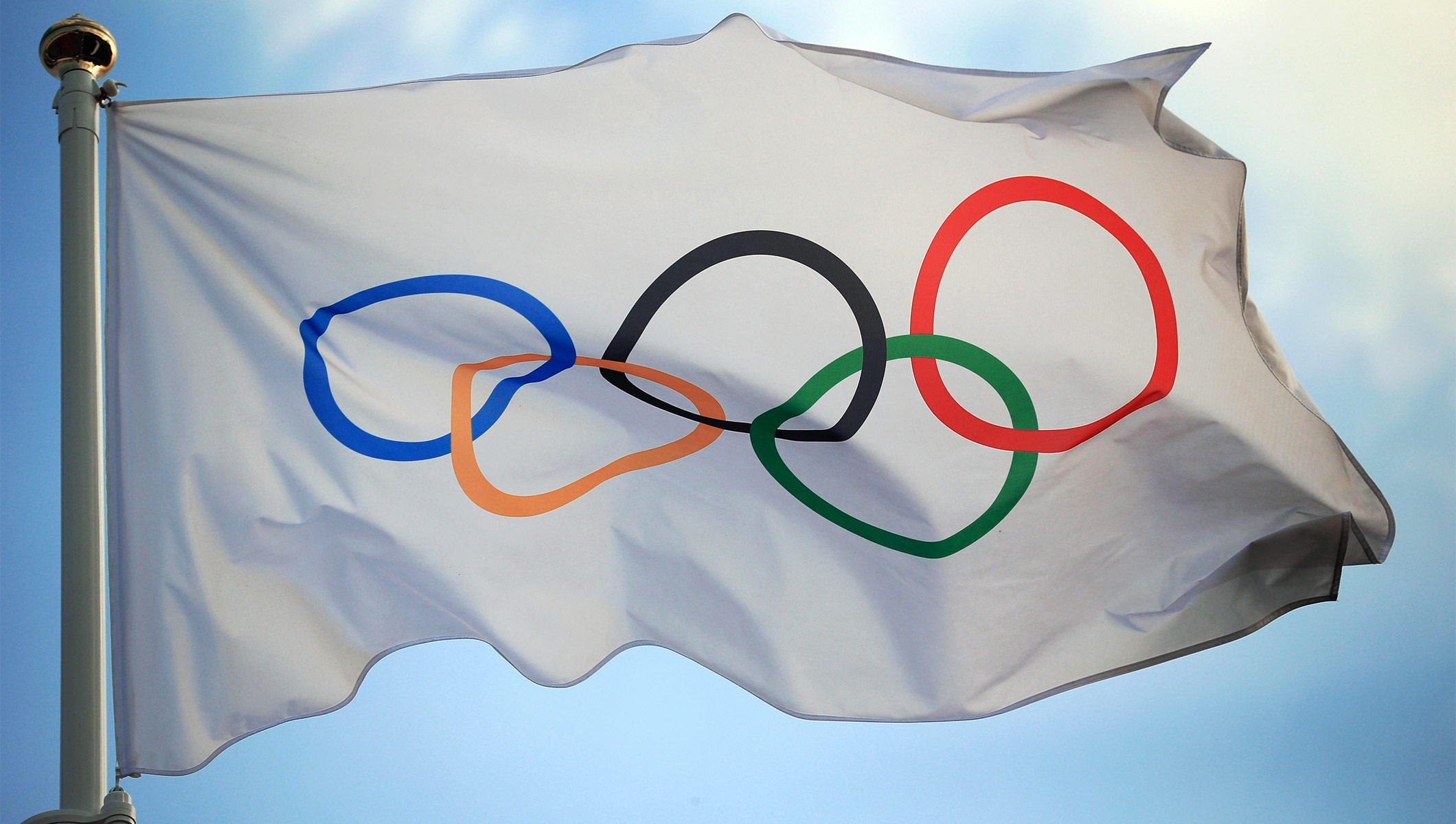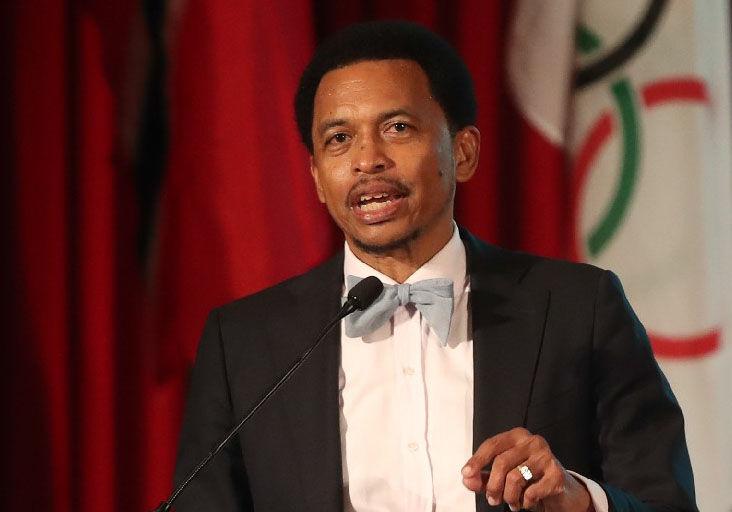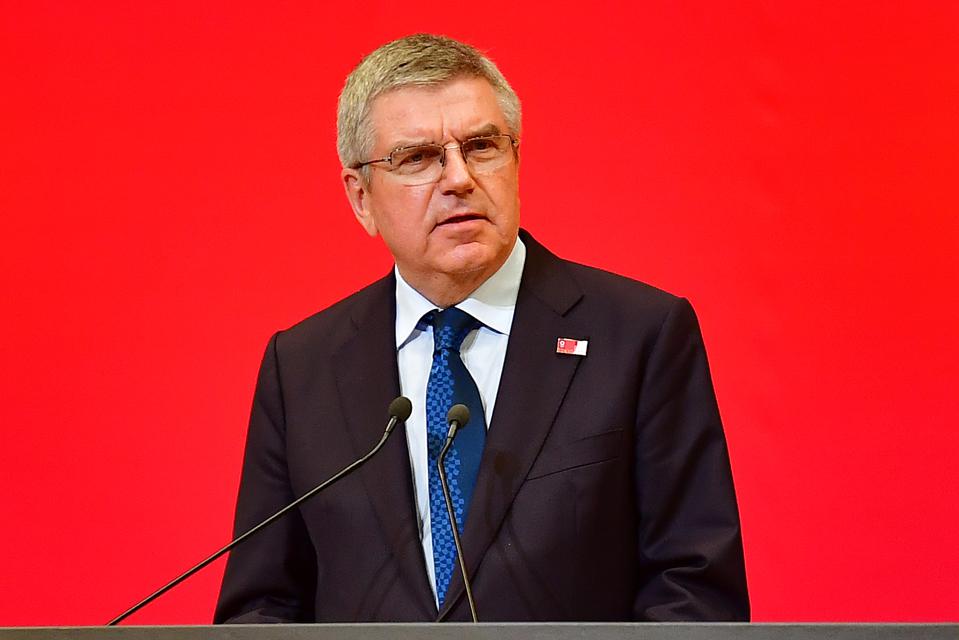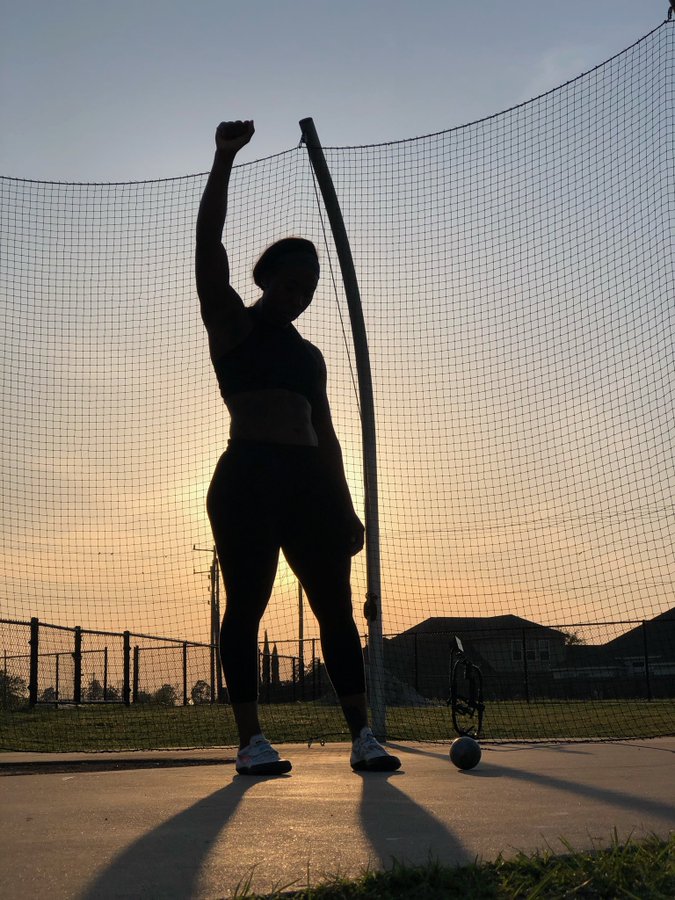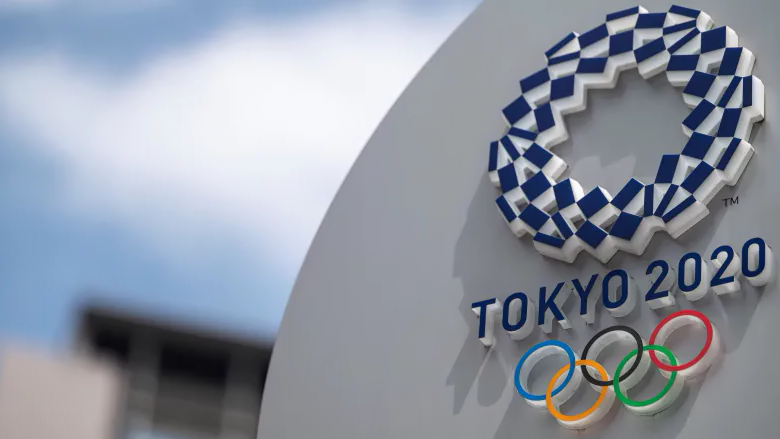(ATR) Host City Americas announced this week that IOC vice president Anita DeFrantz will deliver the keynote address at the inaugural event next month.
GAMES
JOINT STATEMENT BY THE IOC, IPC, TOKYO 2020, TOKYO METROPOLITAN GOVERNMENT AND THE GOVERNMENT OF JAPAN
With 86 days left until the opening of the Olympic Games Tokyo 2020, and 118 days left until the opening of the Paralympic Games Tokyo 2020, the International Olympic Committee (IOC), the International Paralympic Committee (IPC), the Tokyo Organising Committee of the Olympic and Paralympic Games (Tokyo 2020), the Tokyo Metropolitan Government and the Government of Japan today agreed on the following measures to ensure the safe organisation of the Games. The five parties will continue to deploy all possible COVID-19 countermeasures and place the highest priority on safety for the sake of all participants, including the athletes, and the Japanese public who will be playing host to the Games.
IOC rule wrong
Lewis can’t support ban on protests
After the International Olympic Committee (IOC) re-affirmed its rule to ban demonstrations last week, Trinidad and Tobago Olympic Committee (TTOC) president Brian Lewis said it is not a rule that he can in good conscience support.
The (IOC) approved a recommendation from its own Athletes’ Commission to...
IOC President Thomas Bach: Olympics ‘Are Not About Politics,’ Athletes Should Be Politically Neutral At Games
In an op-ed that ran on The Guardian’s website Friday, International Olympic Committee (IOC) President Thomas Bach penned his thoughts on politics and the Olympic Games and why, in his opinion, the two don’t mix.
U.S. Olympic athletes rip IOC for maintaining protest ban: 'hypocrites,' 'full of s---'
American Olympians, along with a council representing all Team USA athletes, criticized the International Olympic Committee on Thursday for its reiteration of a ban on protests at the Games.
IOC upholds Rule 50 prohibiting athlete protests at Olympic Games
Athlete protests and political messages will remain banned at the Olympics, the IOC said Wednesday, after a survey found that a majority of competitors were in favour of keeping the ban in place.

